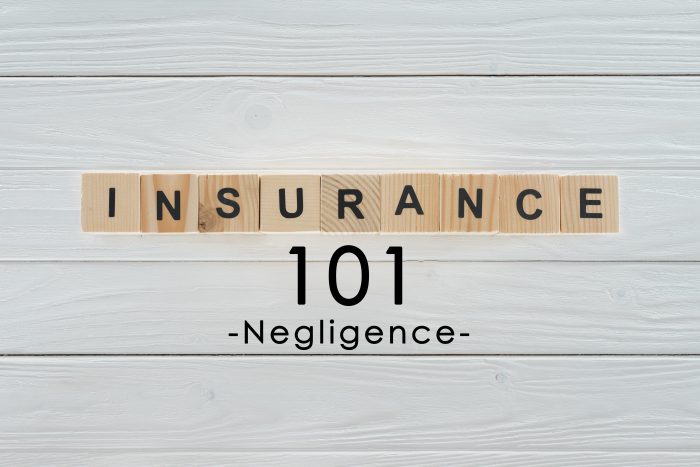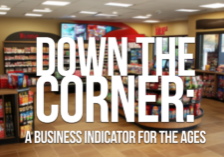
To neglect something is to avoid responsibility. What do you normally neglect? For me, it’s dishes. I love food, and I love to cook. By the time I’m done cooking and eating, I’m ready to lay down and rest. When it’s breakfast time the next morning, and there’s no clean dishes to cook with, there’s no one to get mad at but myself for neglecting to do my job.
It is similar in the insurance world. Negligence can be described as “failure to act reasonably in response to a certain situation which has the potential to cause harm or damage to a person and/or property.” Basically, if your own failure to act reasonably to prevent an incident causes harm to another individual, this is considered negligence on your part. Negligence helps to determine fault; it’s how it is decided if a person is liable for an event because of carelessness that led to an injury, an accident, or damage to property.
Say, for example, you saw a car coming at a quick speed while you were yielding to turn left. You decide to turn anyway, resulting in a car accident. The insurance company can decide that the accident was due to your own negligence, and, in result, refuse a pay-out on your claim. (This depends on whether negligence is within your states laws.) In this case, basically, there is no one to blame but yourself, so you can’t expect your insurance to pay for the damages you caused.
If you are continually trying to do the best thing, you won’t have to worry if negligence comes into play.









